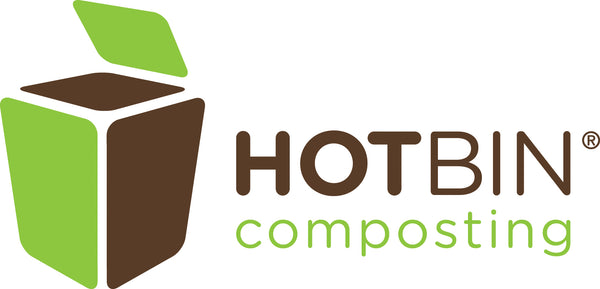The best part about having your own garden is that you get to make your own rules. You choose what you want to plant, when you want to harvest, where each seed will be planted and everything in between. The possibilities of what you can transform your garden into are endless.
We strive to build our own sanctuaries in our lives and with our ever changing world, we want to do what is best for our home: earth. The easiest, safest, and most reliable way to start caring for our mother earth, and continuing to build our sanctuaries, is by composting.
What is composting?
Composting is a scientific art that brings together water, oxygen, bacteria, and waste to create rich fertilizer for any garden. Home making the perfect ingredient to support healthy plant growth in your outside sanctuary.
. The benefits of composting are truly endless; however, here’s the top reasons why you should start composting today for your garden (if you haven’t started already)!
Composting Improves Your Overall Soil Health
No garden is complete without a nutrient rich planting medium. Composting creates organic matter for any garden that helps to improve drainage in clay soils.
Drainage allows nutrients to circulate throughout the soil which makes root uptake and germination of seed more likely. With clay or silt soil, compost separates compacted particles while allowing roots to spread evenly.
Compost allow for water retention in sandy soils. Water retention is a must with gardening. That is why compost is great because it allows for the slow dripping of disintegrated nutrients. It is essential for plant life because plants can only absorb nutrients when dissolved; therefore, compost helps to avoid the threat of vital nutrients washing away through the sand.
Soil structure and creation of good soil. Aggregates, also referred to as soil particles, are uneven small clumps within traditional fertilizer that are full of tiny airways and pores and hold moisture. However, compost opens the spacing between aggregates, allows air to circulate through them evenly, and lets water drain within the soil by binding the soil particles.
Compost creates key nutrients for plant life. It is essential for your soil to contain valuable nutrients to promote healthy plant growth. Compost is great as it breaks down bacteria into organic plant nutrients and converts nitrogen from the air back into the plant. This also adds nitrogen to the list as a key nutrient supplemented by compost. Iron and manganese are supplemented through compost as well whereas synthetic fertilizer does not offer these nutrients, causing a major breakdown in the overall soil life of your garden.
Compost makes any soil easier to work. Compost takes the difficult work out of tending to your plant life. It works to bind clumps of soil which brings good soil structure allowing for beneficial nutrients to be spread throughout the plant roots. Overall, compost works to improve plant growth.
By retaining water in sandy soil, loosening tightly bounded particles, penetrating air throughout your soil, and avoiding soil splattering on plants, your garden is bound to blossom with compost.
Compost saves you money and conserves water. We want to do what is best for our home and our green sanctuaries. That’s why having healthy soil is vital in conserving our waters. Compost works to retain water and decreases runoff ― a pollutant carrying soil.
Compost works to build healthy root systems, which reduce and eliminate the use of synthetic fertilizers and chemical pesticides with its beneficial microorganisms.
Composting Gives a Greater Meaning for Life. The act of creating compost, also known as composting, is very favorable in promoting doing better for the environment. Gardening and the art of composting alleviate stress and worry from the gardener. By composting you are contributing to a common good while benefiting from the positive mental health benefits.
The Sierra Club ― one of the most influential environmental organizations ― states that according to Dr. Jared Scherz, PhD a Mt. Laurel, New Jersey-based Gestalt therapist, “doing better for the environment is the best antidote to anxiety and depression.”
“It instills a sense of worth, and it gives people something to be passionate about, something to talk about with others,” says Dr. Jared Scherz.
Do you want to start your composting journey?
Take the composting leap and start making your own compost to rich your garden in as little as three days with HOTBIN Composting.

